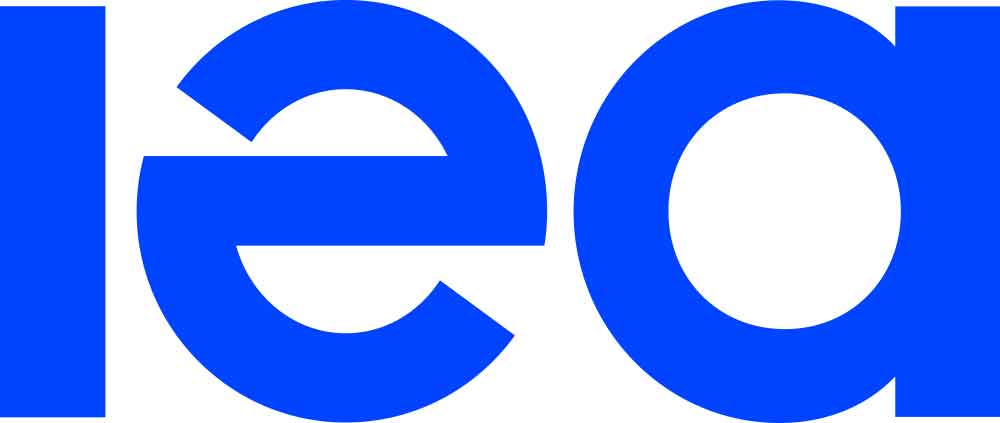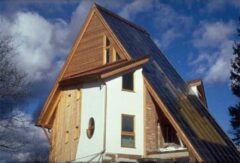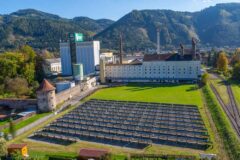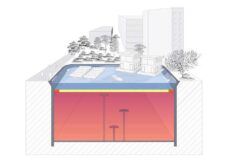Austrian experts and companies are currently active in 23 out of 40 IEA technology programmes and in one expert group. Global networking within the framework of IEA research cooperation plays a crucial role in Austria’s efforts to achieve a sustainable and secure energy future. The country is making a valuable contribution towards the global energy transition through its active participation in international research projects, while at the same time benefiting from the advantages of international cooperation in the energy sector.
> Access to international resources and expertise
Austria has access to a global research network through its cooperation with other IEA members and therefore to a broad spectrum of resources, knowledge and experience in the energy sector. Becoming aware of international developments at an early stage supports the strategic direction for Austrian RTI policy.
> Promotion of innovation and the technology transfer
Participation in international research projects allows Austrian companies and research institutions to develop innovative technologies and showcase Austrian expertise internationally.
> Reinforcing the national energy research landscape
Cooperation on international projects helps strengthen the national energy research landscape and consolidates Austria’s position as an energy innovation country.
> Contribution towards the global energy agenda
As a member of the IEA, Austria contributes towards the global energy agenda and helps to address international challenges in the energy sector. Networking supports the efforts to transfer research results into international norms and standards
Milestones in energy research
„From the security of oil supply to the energy transition“
www.iea.org/about/history
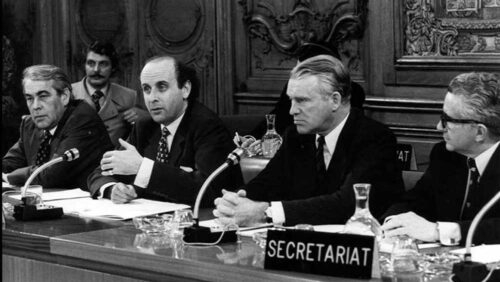
1974 – 1979
IEA established (1974)
# First CERT meeting (1975)
+ Solar Heating and Cooling (1977) – Austria is a founding member
+ Wind Power (1977)
1980 – 1989
+ Heat Pump Technologies (1980H
# District Heating and Cooling (established 1983)
+ Bioenergy (1983)
# IEA Heat Pump Conference in Graz (1984)
1990 – 1999
# IEA Photovoltaic Power Systems (PVPS) – Trend reports (1993)
+ Demand Side Management Energy Efficiency (startet 1993)
> Residential house heated 100% through solar power (1997) / Picture 1
+ Fluidised Bed Conversion (1999)
2000 – 2009
IEA Online (2002)
+ Advanced Fuel Cells (2004)
+ Energy in Buildings and Communities (2006)
+ Greenhouse Gases (2006)
+ Hybrid and Electric Vehicle (2007)
+ Advanced Motor Fuels (2008)
+ Energy-Efficient End-use Equipment (started 2008)
> IEA Wind energy in cold climates – Risk assessment of falling or thrown ice adopted in IEC61400 standard (2009)
# Equality in Energy Transitions Initiative (2009)
# PV global market leader China joins the PVPS programme (2010)
2010 – 2019
> First all-plastic collector (2010) / Picture 2
# International Smart Grid Action Network (established 2011)
# District heating and cooling: first task-shared annex (2012)
# IEA bioenergy conference in Vienna (2012)
> Solar process heat for the Göss brewery (2014) / Picture 3
+ Industrial Energy-related Technologies and Systems (2016)
+ District Heating and Cooling (2017)
+ Hydrogen (2018)
+ C3e Equality in Energy Transition (2018)
+ Energy Storage (2019)
+ User-centred Energy Systems (2019)
2020 – 2023
# Equality Initiative Ambassador programme launched in Austria
# Understanding and acceptance of hydrogen in the working plan
> New law and funding programme for regulatory sandboxes (2021)
# Equality initiative event series completed in Austria (2021)
# Launch of the first Industrial Energy Related Technologies and Systems (IETS) Task “Decarbonisation and Circular Economy” submitted by Austria (2021)
> gigaTES: key element for decarbonisation and increased flexibility in district heating / Picture 4
+ Decarbonisation of Cities and Communities (initiated and developed by Austria) (2022)
+ Advanced Materials for Transportation Applications (2022)
# Advanced Motor Fuels initiated and led by Austria – task for “Sustainable Aviation Fuels”
(2022)
+ Austria’s accession to IEA technology programmes
> Selected technological highlights and successful implementations
# Selected events
